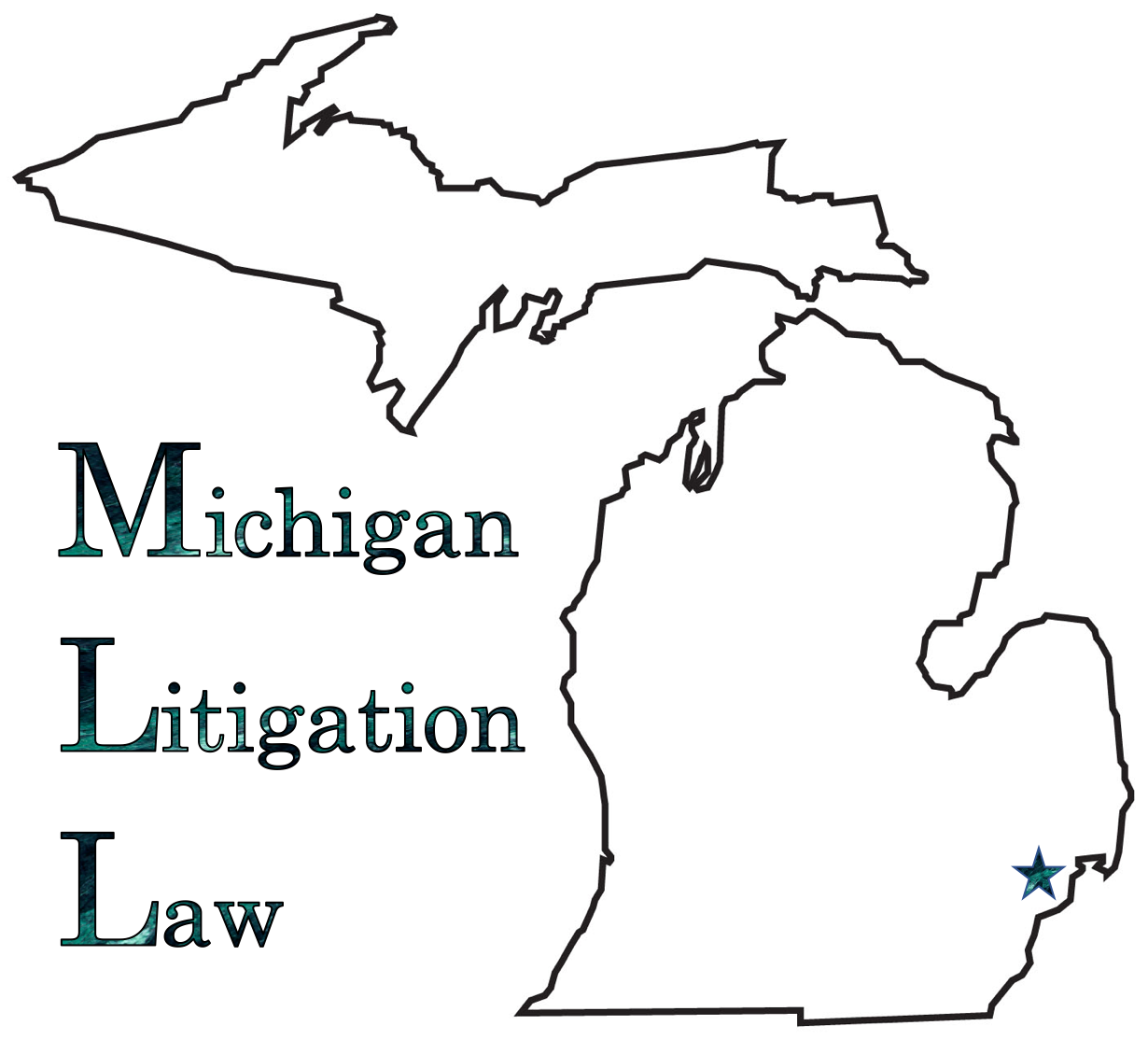The Supreme Court is about to decide how your online purchases are taxed
The US Supreme Court on Friday said it will consider whether businesses have to collect sales taxes on online transactions — a case that will affect how consumers are charged for their purchases on major e-commerce sites such as Wayfair, Overstock, and Amazon. The case, South Dakota v. Wayfair, will revisit a 1992 decision, Quill Corp. v. North Dakota, in which the court ruled remote sellers would have to collect state sales taxes only if they had a physical presence in a state, like a warehouse or an office. The court based its ruling, in part, on the “dormant commerce clause,” a legal doctrine that prevents states from interfering with interstate commerce unless authorized by Congress. The Court’s decision came down before both Amazon (founded in 1994) and eBay (1995) had become a significant presence in American life.
There’s a lot of cash at stake. The Government Accountability Office estimates that state and local governments could have collected up to $13 billion more in 2017 had they been allowed to require sales tax payments from online sellers, as Bloomberg notes. All but five states — Alaska, Delaware, Montana, New Hampshire and Oregon — impose sales taxes, meaning South Dakota v. Wayfair is a national issue.
Quill Corp. v. North Dakota, the earlier ruling, predates much of what has become a booming e-commerce industry today. According to the US Census Bureau, in 2016 total e-commerce sales in the United States were estimated at $394.9 billion, which accounted for 8.1 percent of total retail sales. For some perspective: Fifteen years before, in 2001, total e-commerce sales were estimated to be $32.6 billion, which at the time made up about 1 percent of total sales. According to research firm eMarketer, Amazon represents 43.5 percent of all US retail e-commerce sales; eBay accounts for about 6.8 percent.
A South Dakota law set off the court battle
In 2016, South Dakota passed a law that would allow it to collect sales taxes on out-of-state online retailers. The state government then filed suit to have the case heard by the higher courts — with an eye on overturning the Quill decision. “States’ inability to effectively collect sales tax from internet sellers imposes crushing harm on state treasuries and brick-and-mortar retailers alike,” South Dakota argued in its appeal to the Supreme Court.
South Dakota doesn’t have an income tax, so it’s particularly affected by the Quill decision. In August, the state said it had collected about $1.6 million since enacting the 2016 law and estimated it could be missing out on $50 million each year. Last year, the state faced a $33.7 million budget shortfall; South Dakota’s Governor Dennis Daugaard said most South Dakota employees won’t see a raise for the next two years, pointing to low sales tax revenue as a problem.
The Supreme Court is likely to hear arguments in the springtime, with a ruling potentially by the end of June. Three justices — Clarence Thomas, Neil Gorsuch, and Anthony Kennedy — have in the past appeared skeptical of Quill, Bloomberg points out. In 2015, Kennedy, often a swing vote on the court, said the decision “now harms states to a degree far greater than could have been anticipated earlier.”
President Donald Trump has hit Amazon about this issue, but Amazon isn’t exactly the problem
While e-commerce companies collecting sales taxes isn’t the most well-known issue, it has been pushed into the spotlight by President Donald Trump. Over the last year he’s lobbed accusations at Amazon on multiple occasions, claiming the company skirts taxes — although that’s not exactly the case.

